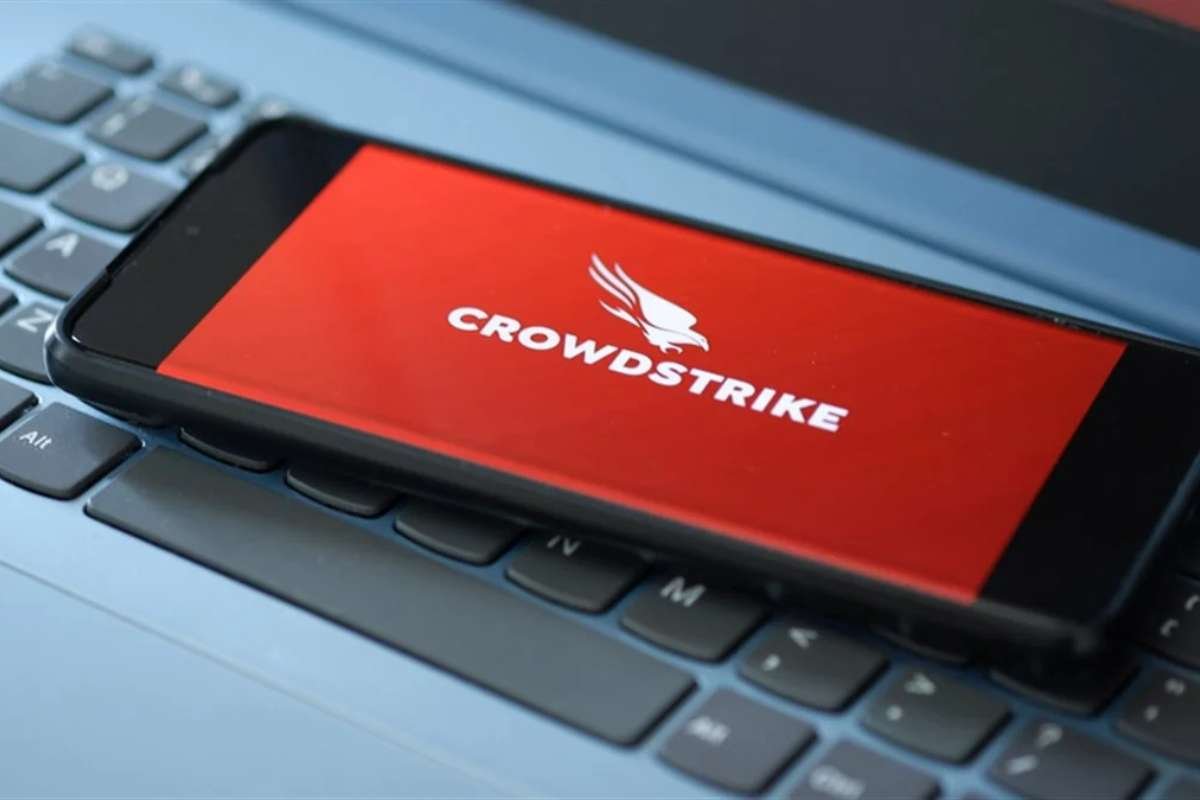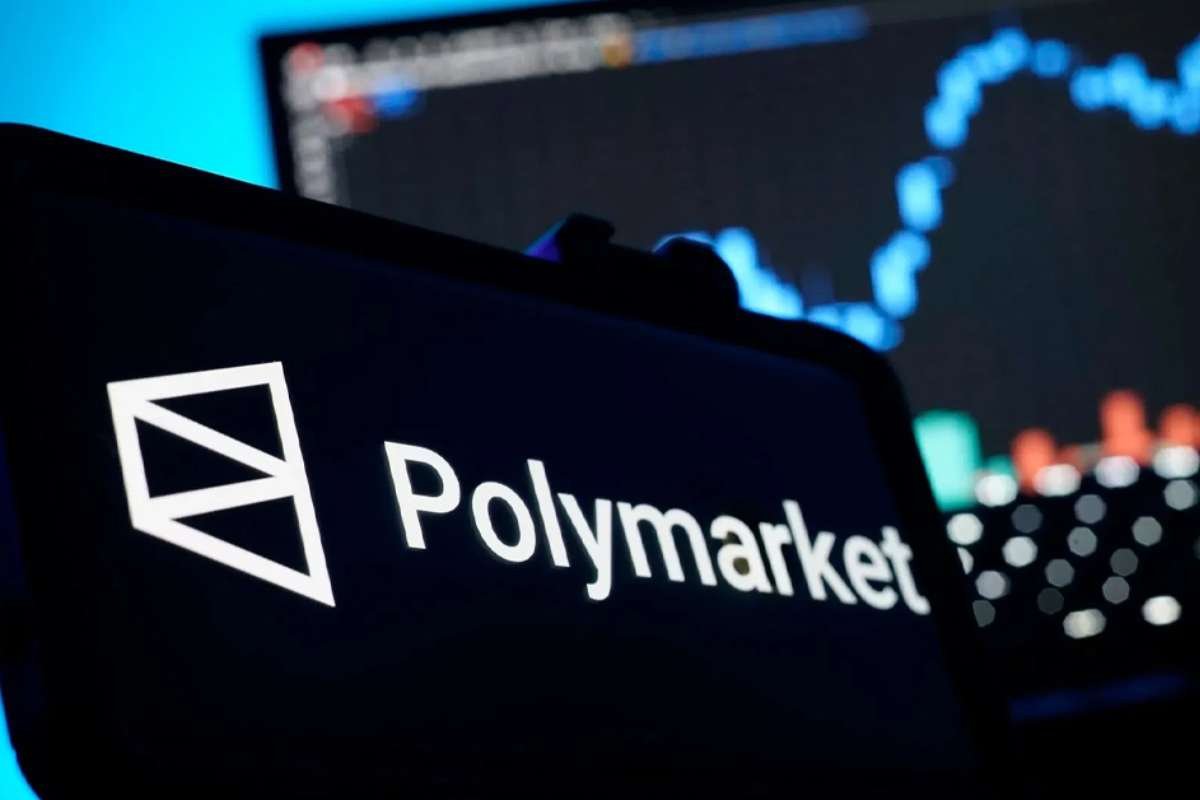Temporary Relief Amid Tariff Uncertainty
The recent tariff exemptions granted on smartphones and other electronic devices may only offer brief relief to investors and consumers, according to U.S. Commerce Secretary Howard Lutnick. Speaking on ABC’s This Week, Lutnick clarified that while the devices are currently exempt from reciprocal tariffs, they will soon be affected by incoming levies targeting semiconductors. These new tariffs, part of President Donald Trump’s broader effort to repatriate key industries, are expected to take effect within a month or two.
“He’s saying they’re exempt from the reciprocal tariffs, but they’re included in the semiconductor tariffs which are coming soon,” Lutnick said. The administration, he noted, is focused on reducing America’s reliance on foreign supply chains, particularly in critical sectors like electronics and pharmaceuticals. “We need our medicines and we need semiconductors and our electronics to be built in America,” he emphasized.
Global Trade Turmoil and Policy Ambiguity
President Trump’s aggressive trade strategy, which includes sweeping 10% tariffs on nearly all countries, caused considerable disruption in global markets earlier this month. In response to the ensuing volatility, the administration temporarily paused many of these tariffs for a 90-day window to facilitate negotiations with key allies. However, U.S. Commerce Secretary Howard Lutnick confirmed that not all exemptions are open to negotiation—particularly those affecting high-tech goods.
“This is not, like, a permanent sort of exemption,” he reiterated. “He’s just clarifying that these are not available to be negotiated away by countries.” The distinction suggests that, even as discussions continue, the White House is standing firm on plans to impose long-term levies on critical technology sectors as part of its economic strategy.
Trump’s broader objective is to restructure global production in favor of domestic manufacturing. According to U.S. Commerce Secretary Howard Lutnick, the tariff strategy serves to reduce dependence on countries like China for essential goods. “We can’t be relying on China for fundamental things that we need — our medicines and our semiconductors need to be built in America,” he said.
Political Backlash and Calls for Transparency
The administration’s unpredictable tariff approach has drawn sharp criticism from political opponents. Senator Elizabeth Warren (D-Mass.) labeled the strategy as chaotic and lacking coherence. “There is no tariff policy,” she stated during her appearance on This Week. “It’s just all chaos and corruption.”
Warren, along with other Senate Democrats, recently urged the Securities and Exchange Commission to investigate potential insider trading linked to sudden market shifts following Trump’s tariff announcements. She questioned the rationale behind imposing tariffs on virtually all nations, including U.S. allies. “What’s the emergency that we have with Belgium or the emergency we have with South Korea?” she asked.
Referring to one of Trump’s emphatic tweets — “I WILL NOT BACK DOWN” — Warren noted the president’s quick reversal within a matter of hours. “How many hours was that? 24 hours, 30 hours, before he turned around and backed down,” she remarked, underscoring what critics see as inconsistency in economic policy.
As trade talks unfold over the next three months, the fate of electronics tariffs remains uncertain—leaving manufacturers, investors, and global partners bracing for further developments.


















